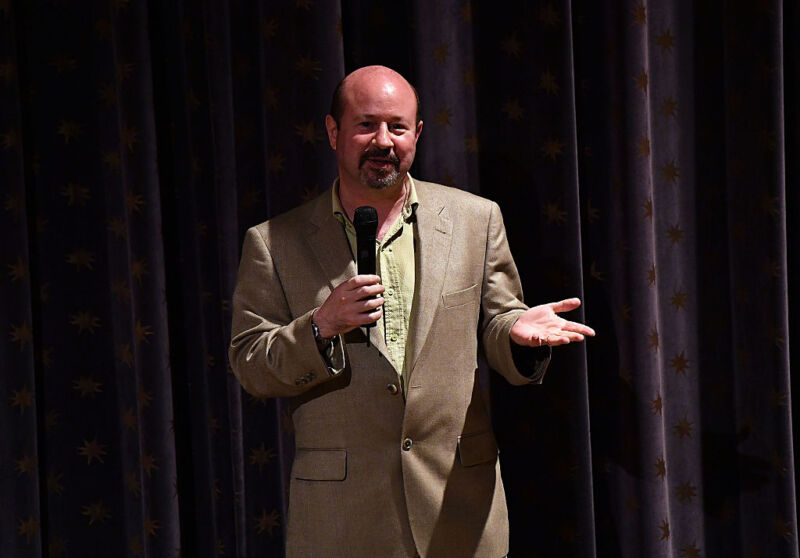Over a decade later, climate scientist prevails in libel case

This is a story I had sporadically wondered whether I’d ever have the chance to write. Over a decade ago, I covered a lawsuit filed by climate scientist Michael Mann, who finally had enough of being dragged through the mud online. When two authors accused him of fraud and compared his academic position to that of a convicted child molester, he sued for defamation.
Mann was considered a public figure, which makes winning defamation cases extremely challenging. But his case was based on the fact that multiple institutions on two different continents had scrutinized his work and found no hint of scientific malpractice—thus, he argued, that anyone who accused him of fraud was acting with reckless disregard for the truth.
Over the ensuing decade, the case was narrowed, decisions were appealed, and long periods went by without any apparent movement. But recently, amazingly, the case finally went to trial, and a jury rendered a verdict yesterday: Mann is entitled to damages from the writers. Even if you don’t care about the case, it’s worth reflecting on how much has changed since it was first filed.
The suit
The piece that started the whole mess was posted on the blog of a free market think tank called the Competitive Enterprise Institute. In it, Rand Simberg accused Mann of manipulating data and compared the investigations at Penn State (where he was faculty at the time) to the university’s lack of interest in pursuing investigations of one of its football coaches who was convicted of molesting children. A few days later, a second author, Mark Steyn, echoed those accusations at the publication National Review.
Mann’s case was based on the accusations of fraud in those pieces. He had been a target for years after he published work showing that the recent warming was unprecedented in the last few thousand years. This graph, known as the “hockey stick” due to its sudden swerve upwards, later graced the cover of an IPCC climate report. The pieces were also published just a few years after a large trove of emails from climate scientists were obtained illicitly from the servers of a research institution, leading to widespread accusations of misconduct against climate scientists.
Out of the public eye were a large number of investigations, both by the schools involved and the governments that funded the researchers, all of which cleared those involved, including Mann. But Simberg and Steyn were part of a large collection of writers and bloggers who were convinced that Mann (and by extension, all of modern climate science) had to be wrong. So they assumed—and in Simberg and Steyn’s case, wrote—that the investigations were simply whitewashes.
Mann’s suit alleged the exact opposite: that, by accusing him of fraud despite these investigations, the two authors showed a reckless disregard for truth. That would be enough to hold them responsible for defamation despite the fact that Mann was a public figure. The authors’ defense was largely focused on the fact that they genuinely believed their own opinions and so should be free to express them under the First Amendment.
In essence, the case came down to whether people who appear to be incapable of incorporating evidence into their opinions should still be able to voice those opinions without consequences, even if doing so has consequences for others.
Victory at last-ish
In the end, the jury decided they did not. And their damage awards suggest that they understood the present circumstances quite well. For starters, the compensatory damages awarded to Mann for the defamation itself were minimal: one dollar each from Simberg and Steyn. While Mann alleged he lost grants and suffered public scorn due to the columns, he’s since become a successful book author and received a tenured chair at the University of Pennsylvania, where he now heads its Center for Science, Sustainability, and the Media.
But the suit also sought punitive damages to discourage future behavior of the sort. Here, there was a dramatic split. Simberg, who now tends to write about politics rather than science and presents himself as a space policy expert, was placed on the hook for just $1,000. Steyn, who is still actively fighting the climate wars and hosts a continued attack on Mann on his website, was told to pay Mann $1 million.
That said, the suit’s not over yet. Steyn has suggested that there are grounds to appeal the monetary award, while Mann has indicated that he will appeal the decision that had terminated his case against the Competitive Enterprise Institute and National Review. So, check back in another decade and we may have another decision.
https://arstechnica.com/?p=2002461